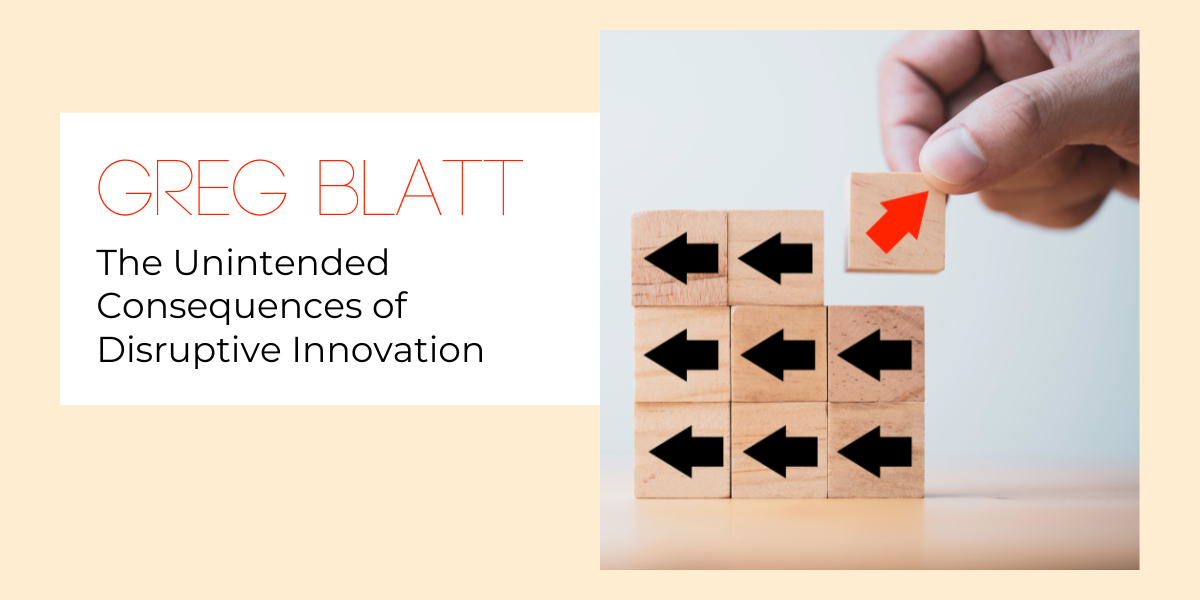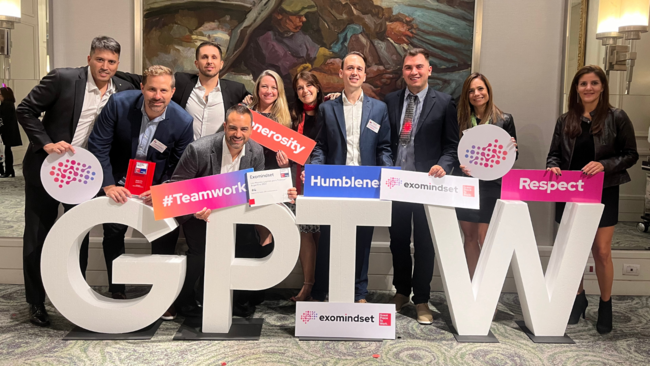In the early 2000s, IAC (InterActiveCorp) was emerging as a prominent holding company with a diverse portfolio of digital businesses. Led by founder Barry Diller, the organization made a number of strategic investments and acquisitions that positioned it at the forefront of the burgeoning internet industry such as Expedia, Lending Tree and Ticketmaster. In consolidating these various digital ventures under its umbrella, IAC capitalized on the rising trend of online consumer behavior and solidified its position as a major player in the digital transformation of industries at the beginning of the 21st century.
Tucked away within one of these early deals was a little-known dating website called Match.com. At the time the concept of meeting potential romantic partners through the internet was still relatively new and somewhat stigmatized. Online dating was often seen as unconventional and, in some cases, associated with desperation or an inability to find partners through traditional means.
Greg Blatt had a different view. “I was single at the time and understood, I think, instinctively, the power of the internet to do in that space what it did everywhere else. It instantly made everything more efficient. But because of the stigma, the industry was far behind others in terms of adoption,” said Blatt.
Blatt was general counsel for IAC at the time, but soon became CEO of Match.com. He implemented a strategy to fight the stigma of the industry while aggregating multiple brands in the space, and the business realized instant success. This led to Blatt becoming CEO of IAC, the parent company, for several years before returning to directly run the burgeoning portfolio under the newly-formed dating website conglomerate Match Group, with the intention of taking it public, which occurred in 2015. During this period, his instincts proved correct, and as technology improved and human activity continued to migrate online, more people began to try online dating. Success stories began to emerge, challenging some of the previously-held negative perceptions, and as online dating became more mainstream and widely accepted these perceptions began to shift, leading to the significant growth of the online dating industry in subsequent years.
In this timeframe, Match Group launched Tinder, which revolutionized the online dating industry with a simple system: swipe right if interested, left if not. In comparison to the services which had come before, Tinder made dating simple, and today is one of the most popular dating apps in the world. Blatt oversaw Tinder’s early development from his position as CEO of Match Group, ultimately serving formally as Executive Chairman and CEO of Tinder.
Match Group and its brands, especially Tinder, caused huge disruptions in how people meet and date, providing a more accessible, efficient, and data-driven alternative to traditional dating methods, ultimately transforming the dating landscape for hundreds of millions of individuals worldwide. According to Blatt, this was all part of a larger trend over the past few decades of unprecedented disruption as a result of the proliferation of the internet.
“I don’t know that it would be the most disruptive period,” said Blatt. “Certainly, going from thousands of years of horses to cars and trains and airplanes in a relatively brief time was pretty big. But it’s been remarkable that the nature of the disruption has all happened in the same area: the digital, internet, mobile, information space. And if you think about it…disruption, by definition, is going to change things, and there’s going to be unintended consequences of any big change.”
At the time, Blatt said that there was a general sense of optimism about the potential ways technology could improve outcomes for practically everything. His focus was on using the app to make dating easier, with less friction, less stress and more fun. The primary idea was that a dating app would encourage and better facilitate connection amongst people, and indeed that has been the general through line for almost all social networking companies.
In many ways, there has been success in this mission. Families separated by great distances, who were once only able to interact infrequently, can now connect through platforms like Zoom or FaceTime whenever they desire. Members of marginalized groups can now easily find like-minded peers and support on platforms such as Reddit. Dates are available at the swipe of a finger thanks to Tinder and its counterparts.
Yet studies are increasingly finding that loneliness is far from being abated. In fact, it appears to be growing. According to a survey that gauged well-being in schools across 37 countries from 2000 through 2018, loneliness amongst teens for the most part remained steady up until 2012, when it suddenly spiked. Researchers looked at a number of potential contributing factors for this jump such as decline in family size or increases in unemployment, but found that “only smartphone access and internet use increased in lockstep with teenage loneliness.” Census data shows that in 2021, the U.S. marriage rate was 14.9 marriages in the last year per 1,000 women, down from 16.3 a decade earlier. Additionally, several US samples of adults report that average sexual frequency fell from 64 a year in 2002 to 53 times per year in 2014.
“When you look at dating, if you told me in 2008 that what, at the time, was a niche business for people who generally had challenging social lives and situations, that made it easier for them to meet people, and that we’ve very much held out as a way to expand your options, that we would fast-forward to them being ubiquitous, people being lonelier than ever, people having less sex than ever…I would’ve been horrified,” said Blatt. “Online dating—which I was a big part of—when we set out to do that, it was to help the people who were left on the margins of traditional courtship and dating in modern society. And I used to have the line: ‘look, everyone could use more options except the George Clooneys of the world.’ Now, the George Clooneys of the world are the ones who rule online dating. So it’s become a tool for them.”
“If you look at the kind of information technology we’ve had over the last 20 years, [for] almost all the big developments, I think the unintended consequences overwhelmed the intended consequences,” Blatt said. “If you think about Twitter and Facebook, what were they going to do? They were going to connect the world and give everybody a voice. They were going to bring everyone together. Does anyone think that’s what happened now? I don’t think so.”
Looking ahead, Blatt identifies similar potential in the technologies that are emerging today such as artificial intelligence and robotics. Even as discussions evolve around the ethics of implementing AI into practically every industry and automating positions to the detriment of people’s livelihood, the shakeout of where the inevitable consequences will fall is necessarily unclear.
It’s impossible to predict the future, as much as market analysts would like to believe they can. Disruptive innovation is capitalism at its finest. Challenging the status quo is what increases efficiency, spurs economic growth, and improves quality of life. “I’m not saying this will turn out badly, or that we shouldn’t move forward, but to the extent possible—which, frankly, may not be much, given competitive dynamics—let’s take it slowly and allow time to see the effects of what we do before it’s too late to course correct,” Blatt said.







